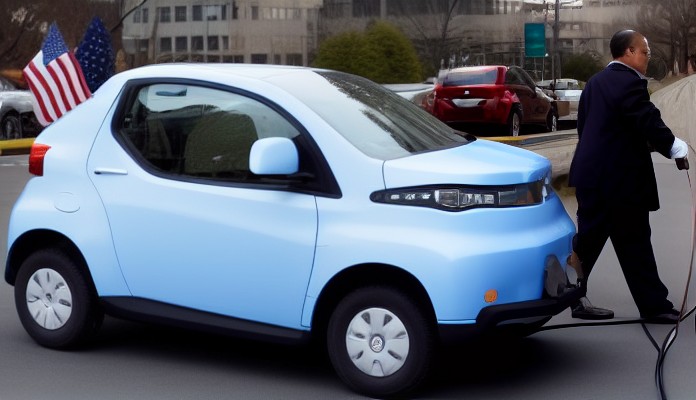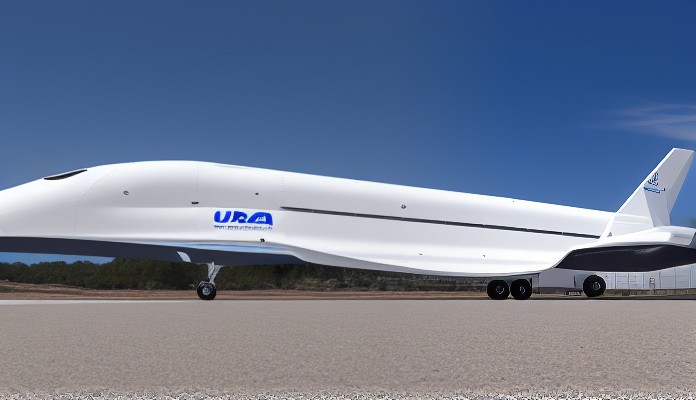Biden administration eyes tariff increase on Chinese-made electric cars
Business
 This article discusses the impact of Trump administration's tariffs on Chinese-made electric vehicles.
This article discusses the impact of Trump administration's tariffs on Chinese-made electric vehicles.
This article's title, “Biden administration weighs tariff increase on Chinese-made electric vehicles,” suggests that the Trump administration proposed a plan aimed at reducing the trade deficit with China, but this is not entirely correct.
The Trump administration did propose a plan aimed at reducing trade deficits and increasing exports of goods by imposing tariffs on imported automobiles made in countries other than the United States. Although this plan was met with opposition from China and other nations, its details were never made public.
It is believed that the Biden administration will take a similar approach toward Chinese-made electric vehicles. But what makes this news so special?
First, Chinese-made electric vehicles account for a significant portion of China’s exports. An article published in The Wall Street Journal reports that Chinese-made electric cars generated $53 billion worth of sales in 2019, making up 14 percent of the nation’s total export earnings. This is equivalent to about 800 billion yuan ($127 billion). In comparison, the U.S. exported almost no cars, totaling less than $30 billion that year.
China is also home to some of the world’s largest automakers. General Motors has factories there and plans to export electric cars; Toyota has invested billions into the industry and recently announced it would invest even more in building electric cars; and Honda has been testing hybrid-electric vehicles with Chinese manufacturers.
Secondly, the U.S. has been trying to get more involved in the electric vehicle (EV) market.
Last week, President Joe Biden signed an executive order calling for the development and deployment of a new American EV manufacturing hub along the coast of California. He urged companies to create hundreds of jobs working on electric vehicle-related infrastructure projects. With China already having such a large presence in the global electric car market, it may be difficult for the U.S. to increase its share of that market without imposing tariffs on Chinese-made electric cars, which would help it outsource production. It could also hurt electric vehicle consumption by making cars from other countries cheaper to buy and sell locally.









